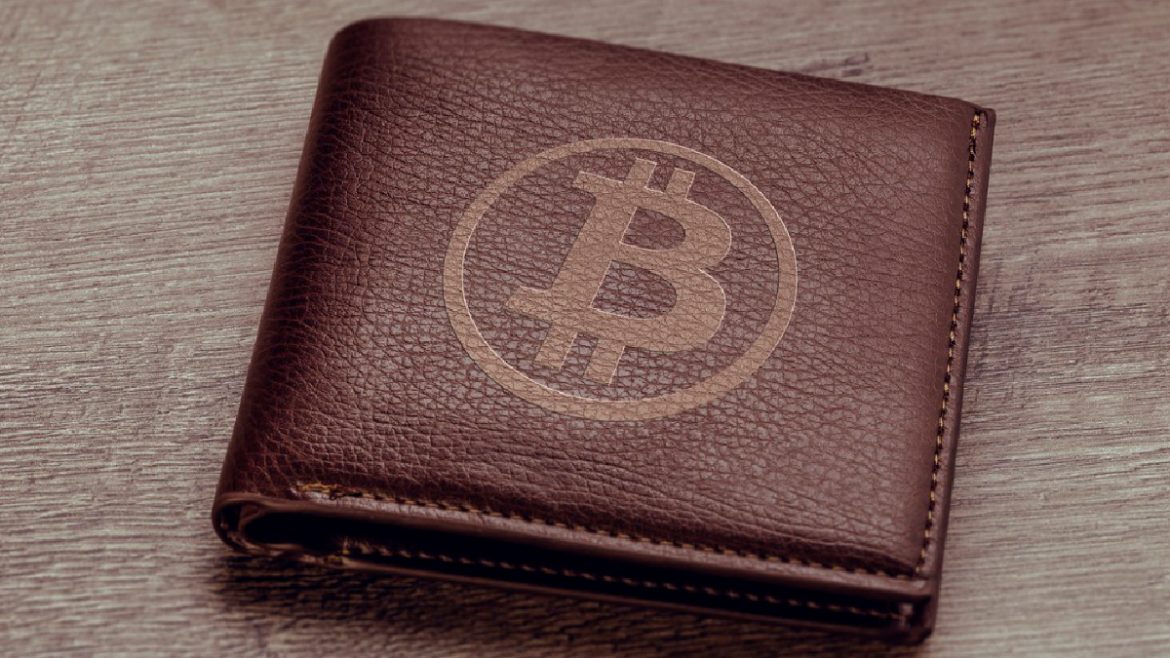Choosing a Bitcoin wallet is more than just a random or mundane task. It has to be taken more seriously because it is the keeper of your keys and your crypto fortune, so the search for the best Bitcoin wallet should not be a passing thought. The wallet is where your private keys reside and if compromised in the long run, it can result in a loss of all your Bitcoins. In this article, we are going to help you walk you through some of the things to consider before picking a Bitcoin wallet.
In choosing a reliable Bitcoin wallet, irrespective of whether it is a software or a hardware wallet, one should judge it based on the following criteria:
- Control of private keys: A wallet where you own and control your keys.
- Backup & security features: Seed backup keys and pin codes.
- Developer community: Active development community for maintenance.
- Cold Wallet: Disconnected from the internet
- Ease of use: Elegant UI for fast and easy use.
- Compatibility: Compatible with different operating systems.
- HD Wallet: A wallet that generates new addresses itself.
- KYC: A wallet that doesn’t require KYC.
Apart from these points, the purpose for the wallet and the amount of Bitcoins that will be stored in it, are other important factors. Some of the popular purposes are Long-Term Savings, Daily Transactions or Trading. Based on this we can choose between a Hot and Cold wallet.
Cold wallets are wallets that never come in contact with the internet directly and if you are someone who wants to store their savings for a long-term then hardware wallets (cold wallets) are the best suited option for you. These wallets never use the same public address again.
Some popular hardware wallets are:
- Ledger Nano X
- Trezor
If the purpose is to HODL some cryptocurrencies for a short period of 2-3 months, desktop wallets are a good option. They provide security features of back seed and PIN code. Moreover, this type of wallet will always be at risk of malware and virus if any on your device. Some popular wallets in this category are:
- Android Wallets: Coinomi, SamouraiWallet, Edge, MyCelium
- iOS Wallets: Breadwallet, CoPay, Edge, Jaxx, Bitpie
Mobile wallets and web wallets are another popular type of software wallets. Web wallets are wallets like Coinbase, where you submit your KYC and give control of your private keys to the exchange. Built-in wallets on centralized exchanges like Bittrex or Binance also fall under this category. If you use these wallets for daily crypto trading, we highly recommend you to use security measures like 2FA and IP whitelisting.
While there are different types of wallets available, we recommend that traders consider their trading needs and pick one. Moreover, whenever you see a new wallet, instead of getting excited to use it, do your research on Bitcoin Reddit or the Bitcoin Forum to find more information before transferring your funds.
Disclaimer
Content provided by CryptoTraderNews is for informational purposes only, and should not be construed as legal, tax, investment, financial, or other advice. All information is of a general nature. As always, there is risk with any investment. In exchange for using our products and services, you agree not to hold CryptoTraderNews Pro, its affiliates, or any third party service provider liable for any possible claim for damages arising from decisions you make based on information made available to you through our services.

1 comment
hi im Cshivakumar im india Telangana Hyderabad Nampally begumbazar 500012 gowliguoda Chapman my address please post
Comments are closed.